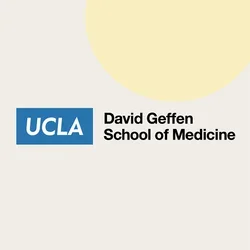Academic Standing Progress and Promotion (CASPP) Committee
Subcommittee Roster 2020-2021
CASPP is composed of 12 voting members, including its chair, who are appointed by the FEC with input from the Dean, Vice Dean for Education, and Associate Dean of Student Affairs, for staggered three-year terms; members may be reappointed for two additional terms. The Chair of CASPP must have previously served at least two years as a member. A quorum consists of seven voting members; decisions require a majority of the members voting. Members must be faculty at the rank of Assistant Professor Step IV or higher, who are active in the medical student teaching program. At any given time at least six members must be from the Academic Senate and four from the Health Sciences Clinical Professor series. The Vice Dean for Education or designees may serve as ex officio non-voting members. Other Dean’s office leadership, faculty, or staff may be invited by chair of CASPP to participate in discussion but must be excused before deliberation and voting take place. DGSOM Counsel may be invited to participate as an ex officio non-voting member. (Updated 5/6/20
By-Laws
The By-Laws are available on BOX for all DGSOM faculty, staff and students.
Officers


Members








